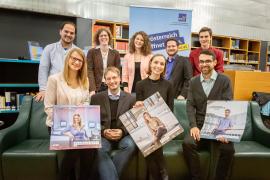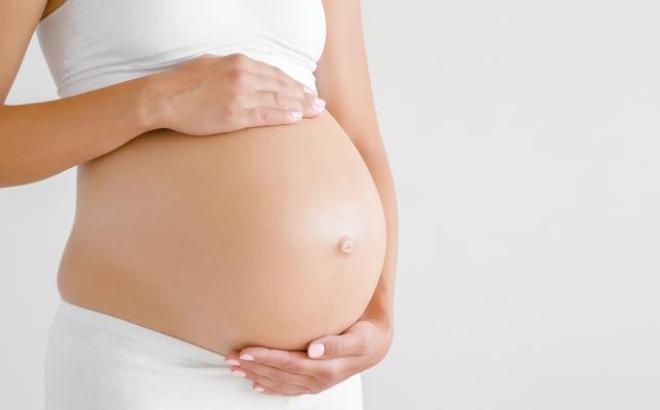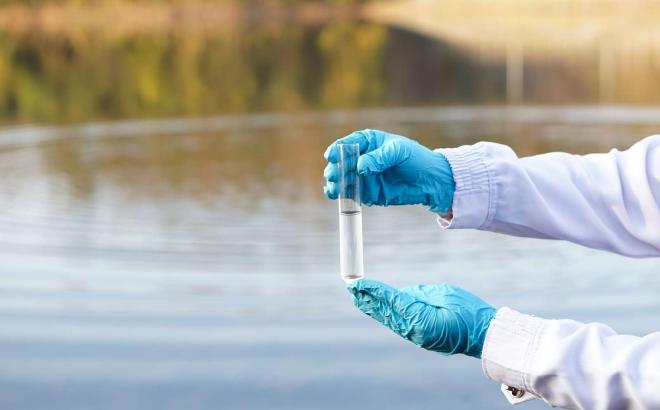Presentation of Lower Austrians Young Researcher´s Calendar 2019
Recently the Young Researchers' Calendar 2019 was presented in the Lower Austrian State Library. Once again, the models are young researchers working at the four ecoplus Technopol locations. "The research landscape at the Lower Austrian technopoles is a breeding ground for highly innovative, exciting research projects and the workplace of a modern, young generation of researchers! In our young researchers' calendar we present twelve people whose above-average achievements give Lower Austria's technology locations a head start - because we know: Research is the future", emphasised Petra Bohuslav, Regional Councillor for Economics and Technology, and Helmut Miernicki, Managing Director of ecoplus, at the presentation of the calendar.

Giving the domestic research landscape a face
"We must succeed in continuing to inspire as many young people as possible to careers in science and research. Lower Austria will need the brightest minds in the future as well. The young scientists in the Young Researchers' Calendar 2019 are the best role models here. With their impressive research topics, they are perfect flagships for Lower Austria as a research location," explained Petra Bohuslav, State Councillor for Economics and Technology.
The following figures confirm that the technopoles offer a fertile environment for young researchers in Lower Austria: At the four Technopol locations of Krems, Tulln, Wiener Neustadt and Wieselburg there are around 3,500 high-tech jobs, including 1,500 researchers. Since the start of the Technopol programme in 2004, 289 research projects with a project volume of over 423 million euros have been initiated or implemented. Around 19,000 young people study at the 10 universities and technical colleges located in the Technopol locations.
Photographs were taken where microscopy, analysis & pipetting are carried outSince its launch in 2004, the Technopol programme has been implemented by ecoplus, the business agency of Lower Austria. ecoplus Managing Director Helmut Miernicki: "The Young Researchers' Calendar shows twelve young scientists in their working environment: where microscopy, analysis and pipetting are performed and high-tech equipment is operated, they were photographed - at their modern, well-equipped workplaces at the four Technopol sites.
The renowned photographer Michael Liebert, who lives in the Mostviertel, has already artistically implemented the first calendar of young researchers and this time he has also photographed the researchers at their workplaces, thus continuing an art project that is unique in Europe and unites art and science in a special way. "It was important to me to bring the personalities of these young people into the picture. This is the only way for viewers to identify with them. Curiosity and creativity unite art and science, even if the approach to the result is different," says the photographer.
DI Carina Frischauf, born in 1989 in Melk, is the cover photographer for the calendar. She researches at the Austrian Marketing University of the Fachhochschule Wiener Neustadt at the Technopol Wieselburg in the field of food economics. She is concerned with the use of plants and herbs in products and will in future also focus on the use of special, barely used or forgotten Austrian raw materials. DI. Sarah-Jane Estermann, scientific assistant at the Karl Landsteiner University of Health Sciences, is the November model. She deals with the 3D printing of materials that have the same mechanical properties as real biological tissue. She performs extensive mechanical tests on various materials and tissues and describes their results by means of a mathematicalModel.
The Young Researchers' Calendar 2019 has a circulation of 400 and is distributed exclusively to universities, universities of applied sciences, research institutes, technopol partner companies and people interested in science - as long as stocks last. The JungforscherInnen-Kalender 2019 was presented in the Lower Austrian State Library, the universal library of Lower Austria. Its focus is on the sciences, especially history and regional studies. It sees itself as a publicly accessible service institution for all citizens of Lower Austria, which makes its holdings available for use - also by means of lending via the Internet with free book delivery.




